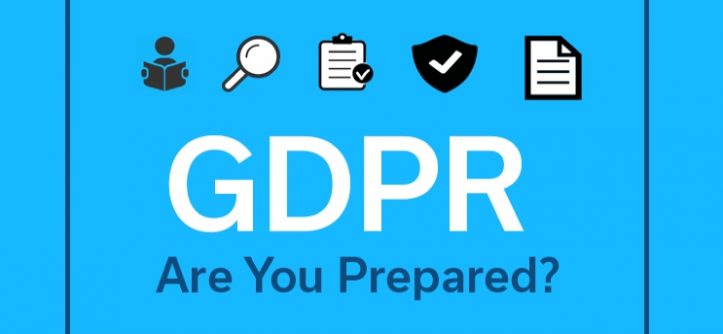Data security has been one of the burning issues in the digital world for quite some time now. The recent turn of events has raised concerns and increased demands for the stricter regulations.
Europe has been the most proactive among all with the announcement of a new set of rules in the form of GDPR, which stands for General Data Protection Regulation.
Although these rules are only specific to Europe at this moment, there is a lot to analyze and learn from them, as India too may adopt many of these, should these set of regulations, succeed in the long or short term.
The implementation of the GDPR has the potential to completely transform Digital Marketing as we know it now.
As a result, it is essential that the digital marketers across the globe take into account these regulations, so that they can incorporate the changes accordingly in their future activities.
So far the marketers have had little to no constraints in terms of data collection.
However, it is expected that sooner or later, constraints similar to Europe will be evident, which will demand that the marketers find innovative ways to target digital advertisements which is less dependent on hovering of quantitative behavioral data.
Challenges for the Marketers
Apart from relinquishing dependence on behavioral data collection, digital marketers will also have to contend with the implications of several practices related to the core digital ad targeting methods.
The most significant hurdle for the marketers now will be the rule of consent when collecting and processing data from an individual. As per the directives, there is to be a shift from passive consent to valid consent.
Previously, popular Internet-based service providers like Facebook, Snapchat, and Google collected data through acceptance of the terms and conditions.
However, the interpretation of consent is expected to be more specific with the implementation of GDPR.
The ban on automated decision making is another significant change for the digital marketing executives all over the world. The GDPR also has specified that service providers like Google and Facebook will now have to make the collected data portable.
This will further de-incentivize the collection of personal data and creation of ad- targeting on the basis of behavioral data. The reason why it is a significant challenge for the digital marketers is the possibility of an individual to bring the data information to another competing service.
The Possible Changes in Strategy
One of the possible changes that we may witness in the world of digital marketing is a shift from behavioral and more towards contextual advertisement.
This will include suggestions on real-time basis instead of the existing method where suggestions are given on the basis of consumer’s profile.
Although, contextual ads are much tougher to execute as opposed to the previous model several websites like Quora and AccuWeather, are already using this technique, which means it is a viable option.
It is safe to assume now that the GDPR has been implemented, digital marketers around the world would dig deep and look to invent more strategies on similar lines.
On the other hand, most of the big agents will also attempt to work around the constraints. While the challenges for the European digital marketers are more at hand, their Indian counterparts have more time.
Much will obviously depend on the success of the GDPR. However, if it turns out to be a success, then it is in the best interest of the Indian digital marketers that they too seek for alternatives from this early stage itself.





Leave a Reply